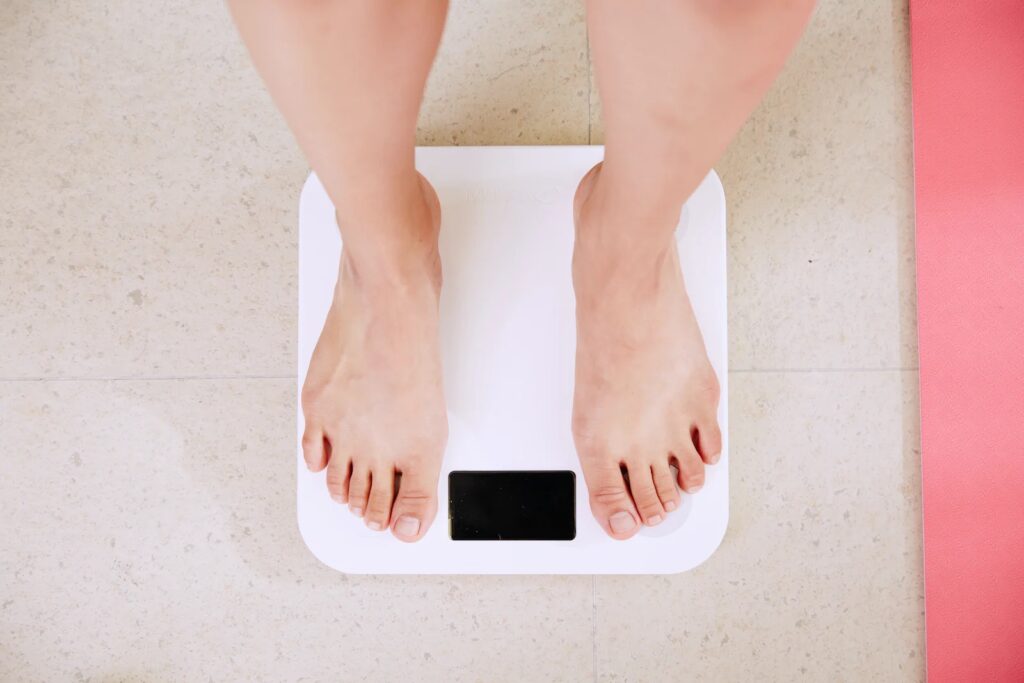Sustainable Dieting is Possible!
In a world obsessed with quick fixes and instant results, dieting has become an enticing solution for those seeking to shed unwanted pounds. Magazines, social media, and the diet industry constantly bombard us with promises of rapid weight loss and the perfect body. However, beneath the surface of these enticing promises lies a harsh reality; these are not sustainable diets and are often detrimental to our overall well-being.
Reasons Some Diets are Not Sustainable:
- Psychological Toll: Dieting can take a significant toll on our mental health. The constant focus on food restrictions and calorie counting can lead to obsession, guilt, and anxiety. This psychological strain often culminates in binge and emotional eating episodes that sabotage our dieting efforts and perpetuate one’s feeling of failure.
- Nutritional Deficiency: Many diets advocate cutting out entire food groups, which may lead to nutrient deficiencies. Depriving our bodies of essential vitamins, minerals, and macronutrients can have long-term health consequences, including weakened immune function and bone health issues.
- Yo-Yo Dieting: The vicious cycle of dieting, losing weight, regaining weight, and then starting the process over again, known as yo-yo dieting, is not only unsustainable but also harmful. It can lead to fluctuations in blood pressure, cholesterol levels, and increased risk of chronic diseases.
- Disordered Eating: Sustainable dieting does not foster an unhealthy relationship with food. It does not lead to disordered eating patterns, such as orthorexia (an obsession with “clean” eating) or full-blown eating disorders like anorexia nervosa and bulimia nervosa.
Sustainable Dieting is Possible!
Rather than falling prey to the allure of extreme dieting, a more sustainable dieting approach is one focused on gradual but lasting changes to our lifestyles. Here are some sustainable dieting principles to consider:
- Pay Attention to Your Body’s Signals: Our body is constantly giving us hunger, fullness and hydration cues. Understand these cues and choose nutrients that nourish your body rather than following rigid dietary plans.
- Understand Balanced Nutrition: There are plenty of diets out there that are not sustainable, however understanding the foundational elements of nutrition helps determine how to apply proper nutrition to your lifestyle. Embrace a balanced diet that includes a variety of foods, rich in proteins, fats and carbs.
- Regular Physical Activity: You’ll notice we didn’t say exercise. You don’t have to kill yourself everyday on mundane pieces of exercise equipment. Find an activity you love, which can be as simple as walking by yourself or with a friend. Incorporate this regular activity into your daily routine and you’ll be amazed with the improvement in overall health and mental well-being.
- Treat yourself like you’d treat others: A little play on the “Golden Rule”, but it is so true! Catch how you talk to yourself. I know I wouldn’t talk to others as bad as I talk to myself! Be kind to yourself and practice self-compassion. Remember that nobody is perfect, and occasional indulgences are part of a healthy life.
- Seek Support: If you are looking to achieve a sustainable diet, consult with one of our health coaches who can provide you with personalized guidance and support.
A diet that is not sustainable may promise quick results, however its unsustainable nature often leads to disappointment, frustration and potential harm to both one’s physical and mental health. Instead of chasing diets that are not sustainable, let’s shift our focus towards a long-term, sustainable diet that prioritizes health, well-being and self-acceptance. By nurturing a positive relationship with food and our bodies, we can achieve lasting health and happiness.


